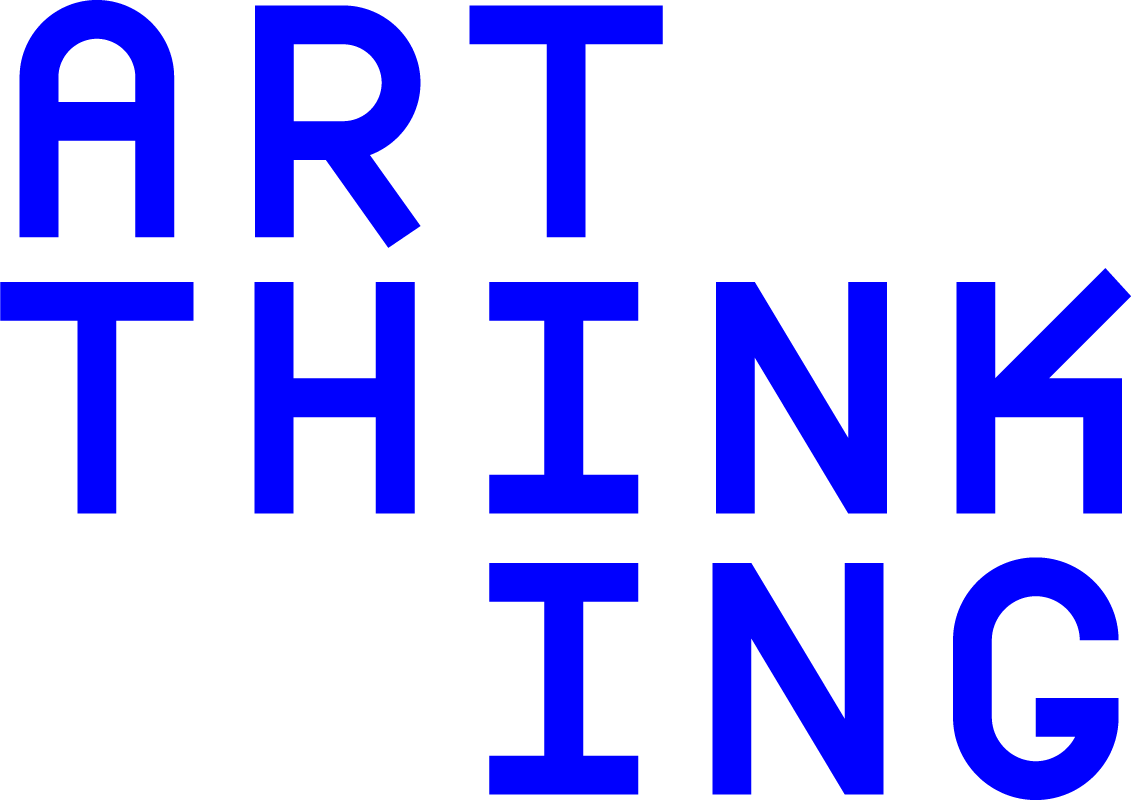A new brainstorming format in which speakers explore and present creative questions in a 30 minute dialogue
Creative Question Challenge (CQC)
In the year 2020, the world is facing many challenges due to the invisible virus called SARS-CoV-2 and the disease it causes, COVID-19, along with the distortions brought on by it. In the new, uncertain future of our everyday lives, there is a need for a space to discuss the essential questions for the future, rather than the easy solutions to problems. The CQC brings together two speakers from different disciplines and backgrounds and a facilitator – called Catalyst – to create questions for the world to ponder within a 30-minute time limit.
The CQC’s online platform not only provides a live experience of CQC’s taking place around the world, but also provides access to previous CQC’s that have taken place. In addition, reactions to those CQC’s, or actions on the questions generated, are also visualized and encourage new participation. The CQC is based on the Future Innovators Summit (FIS), which has been held at the Ars Electronica Festival since 2014. And both of FIS and CQC were incubated in collaboration with the Japanese communication and design company Hakuhodo. Ars Electronica and Hakuhodo are working together to promote “art thinking” through experiments such as FIS and CQC.
Novocastrian 2050: Ecosystem Reboot
Newcastle Garden CQC Session 1: Re-indigeni(z)ing Ecology - Rewa Wright (NZ), Daryn McKenny (AU)
Thu Sep 10, 2020, 11:30 am - 12:00 pm (UTC +1) Livestream and on Ars Electronica Voyages Channel
What perspectives and approaches can indigenous knowledge offer the planet as we move toward the future?
The first CQC session kicks off with important indigenous perspectives on ecology past, present and future. Traditional knowledge and stories are not locked in the past, but have the power to inform present and future ways of living. How can we respectfully draw upon indigenous perspectives, without falling back into the lens of colonisation? What are the conversations already taking place between indigenous peoples and scientific points of view, and how is a new culture of collaboration based on empathy and respect being developed? Are we doing enough to bridge the gap using technology as an artistic medium? What are the inherent challenges for both bodies of knowledge from this collaboration? What role can art play, to communicate indigenous knowledge without compromising indigenous peoples’ right to self-determination?
Project Credits / Acknowledgements
CQC Participants: Daryn McKenny (AU) and Rewa Wright (NZ)
CQC Visualiser: Rully Zakaria (AU)
CQC Catalyst (Moderator): Matt McFarlane (AU)
CQC Newcastle Producer: Kristefan Minski (AU)
TV Studio Director: Neale Davy (AU)
TV Studio Crew: Lachlan Mayfield (AU), Cassandra Thomson (AU), Leah Paterson (AU), Elyh Tarran (AU), Jack Dalton (AU), Sam Baker (AU)
Creative Industries Advisor: Bernadette Drabsch (AU)
Scientific Advisor: Alex Callen (AU)
Special Thanks for technical support: Chris Wedlock (AU)
CQC Newcastle project was made possible by the University of Newcastle Faculty of Education and Arts Strategic Networks and Pilot Projects Scheme (SNaPPS) funding. Research Team: A/Pro Craig Hight, Dr Bernadette Drabsch, Dr Simone O’Callaghan, A/Pro Matthew Hayward, Dr Andrea Griffin, Dr Kaya Klop-Toker, Dr Alexandra Callen
Novocastrian 2050: Ecosystem Reboot
Newcastle Garden CQC Session 2: The invisible and inner Ecology - Louisa Magrics (AU), Andrew Lloyd (AU)
Sun Sep 13, 2020, 10:00 am - 10:30 am (UTC +1) Livestream and on Ars Electronica Voyages Channel
This session will address themes of bio and nano art and how artists play an important role in making the invisible visible.
Human nature tends to lose sight from within whilst the natural world has always been full of hints to inspire new directions and new understandings. Science offers a great deal of knowledge but yet how much is assessable to the daily life? Can science allow art to help penetrate further into the heart of knowledge and help to bring new meaning of this knowledge into the greater world? Or is it only for the experts to decide what to do with this knowledge? What is the new role of art in the post-covid world?
Project Credits / Acknowledgements
CQC Participants: Andrew Lloyd (AU) and Louisa Magrics (AU)
CQC Visualiser: Rully Zakaria (AU)
CQC Catalyst (Moderator): Matt McFarlane (AU)
CQC Newcastle Producer: Kristefan Minski (AU)
TV Studio Director: Neale Davy (AU)
TV Studio Crew: Lachlan Mayfield (AU), Cassandra Thomson (AU), Leah Paterson (AU), Elyh Tarran (AU), Jack Dalton (AU), Sam Baker (AU)
Creative Industries Advisor: Bernadette Drabsch (AU)
Scientific Advisor: Alex Callen (AU)
Special Thanks for technical support: Chris Wedlock (AU)
CQC Newcastle project was made possible by the University of Newcastle Faculty of Education and Arts Strategic Networks and Pilot Projects Scheme (SNaPPS) funding. Research Team: A/Pro Craig Hight, Dr Bernadette Drabsch, Dr Simone O’Callaghan, A/Pro Matthew Hayward, Dr Andrea Griffin, Dr Kaya Klop-Toker, Dr Alexandra Callen
